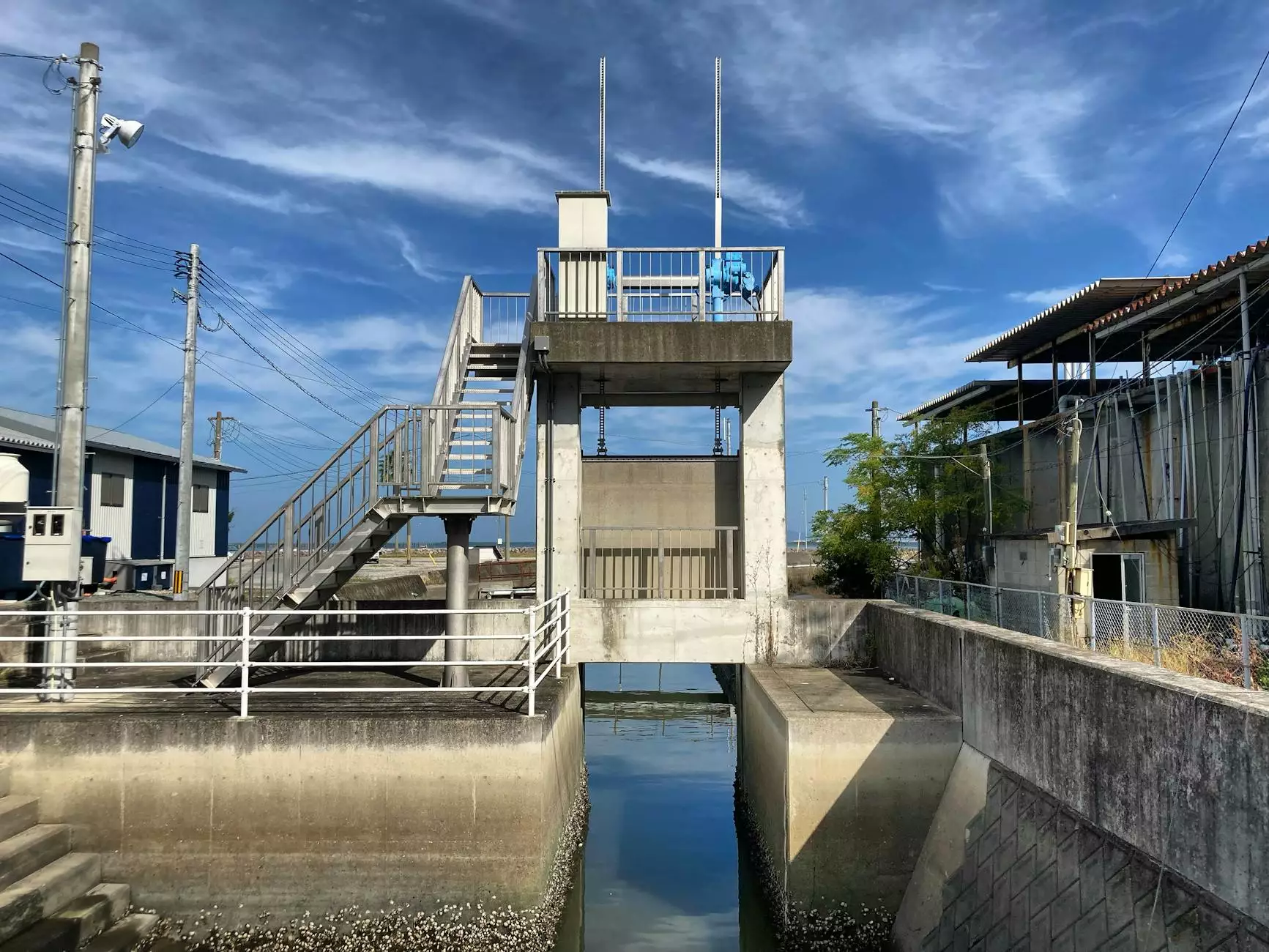Everything You Need to Know About Hydraulic Supplies

Hydraulic supplies are essential components in various industries, including automotive, construction, and manufacturing. These supplies play a crucial role in ensuring the smooth operation of machinery and equipment. In this comprehensive guide, we will delve deep into the world of hydraulic supplies, exploring their importance, various types, usage, and why they should be a vital consideration for anyone involved in industries where hydraulics are prominent.
The Importance of Hydraulic Supplies in Modern Industries
Hydraulic systems operate based on the principles of fluid mechanics, utilizing hydraulic fluids to transmit power through various machinery. The importance of hydraulic supplies cannot be overstated, as these components enable high efficiency and reliability in system operations. They are integral to ensuring that machines perform tasks that require significant force without putting excessive strain on their mechanical components.
In sectors such as automotive and motorcycle parts and supplies, hydraulic systems are indispensable for tasks ranging from pressing to material handling. A slight failure in any hydraulic component can lead to downtime, resulting in significant financial losses. Hence, having reliable hydraulic supplies is crucial for maintaining operational efficiency.
Key Components of Hydraulic Supplies
When discussing hydraulic supplies, it's essential to recognize that they encompass various components, each serving a specific purpose in the hydraulic system. Here’s a list of the fundamental elements:
- Hydraulic Pumps: These are devices that convert mechanical energy into hydraulic energy by creating a flow of hydraulic fluid.
- Hydraulic Cylinders: These components facilitate linear motion, converting hydraulic energy into mechanical force.
- Hydraulic Valves: Used to control the flow and pressure within a hydraulic system, ensuring smooth operation.
- Hydraulic Hoses: Essential for transferring hydraulic fluid to other components while maintaining high pressure.
- Filters: Critical for removing debris and contaminants from hydraulic fluid to extend the life of the system.
Types of Hydraulic Supplies Available
Within the category of hydraulic supplies, there are numerous products tailored to specific applications. Understanding these types can help businesses choose the right product for their operations.
1. Hydraulic Pumps
Hydraulic pumps are pivotal for generating the flow that drives hydraulic systems. They come in various designs, including:
- Gear Pumps: These are ideal for low-pressure applications and provide a consistent flow rate.
- Piston Pumps: Suitable for high-pressure applications, offering greater efficiency and versatility.
- Vane Pumps: Known for their compact design, these are used in applications where space is limited.
2. Hydraulic Cylinders
Hydraulic cylinders convert hydraulic energy into linear movement. They are categorized by:
- Double-acting cylinders: These cylinders can push and pull, providing greater versatility.
- Single-acting cylinders: These only provide force in one direction, making them simpler and more cost-effective.
3. Hydraulic Valves
Hydraulic valves regulate the flow of fluid within a hydraulic system. They include:
- Check Valves: Allow fluid flow in one direction only.
- Relief Valves: Protect the system from pressure surges.
- Directional Control Valves: Used to direct fluid to different parts of the system.
4. Hydraulic Hoses
Hydraulic hoses must withstand high pressures and are typically rated for specific applications. Key types include:
- Standard hoses: Suitable for general hydraulic use.
- High-pressure hoses: Designed for extreme pressure conditions.
- Thermoplastic hoses: Lightweight and flexible, ideal for tighter bends.
Choosing the Right Hydraulic Supplies
Selecting the appropriate hydraulic supplies requires careful consideration of several factors:
- Application Requirements: Understand the specific needs of your machinery, including pressure requirements and flow rates.
- Compatibility: Ensure that all components are compatible with each other to avoid operational issues.
- Quality: Opt for reputable brands known for durability and reliability to prevent costly breakdowns.
- Maintenance Needs: Choose components that are easy to maintain and replace when necessary.
Advantages of Using Quality Hydraulic Supplies
Investing in high-quality hydraulic supplies directly impacts efficiency and performance. Here are some key advantages:
- Increased Efficiency: Top-tier hydraulic components are designed for optimal performance, leading to lower operational costs.
- Reduced Downtime: Quality supplies tend to experience fewer failures, minimizing interruptions in operations.
- Enhanced Safety: Reliable components contribute to safer work environments, as they reduce the risk of catastrophic failures.
Maintaining Your Hydraulic System
The longevity and performance of hydraulic systems are heavily dependent on regular maintenance. Here are some critical maintenance practices:
- Regular Fluid Checks: Ensure the hydraulic fluid is at the right level and free of contaminants.
- Component Inspections: Routinely examine hoses, pumps, and cylinders for signs of wear or damage.
- Filter Replacement: Change filters according to the manufacturer’s recommendations to maintain fluid cleanliness.
- Pressure Monitoring: Keep an eye on system pressure to detect anomalies that could signal leaks or failures.
Conclusion
In conclusion, hydraulic supplies are the backbone of many critical industrial processes. Understanding the different components, their functions, and proper maintenance practices can elevate performance and productivity. Whether you're in the automotive sector or dealing with broader manufacturing tasks, the right hydraulic supplies can significantly impact your operational success. At Shop Hydraulic America, we provide a vast range of reliable hydraulic supplies tailored to meet your specific needs. Explore our website today to discover how we can assist your business in achieving efficiency and reliability in all your hydraulic operations.
© 2023 Shop Hydraulic America. All rights reserved.









